5 top causes of hair loss
Learn why hair can thin and ways to help prevent losing more hair.
Updated on March 18, 2025
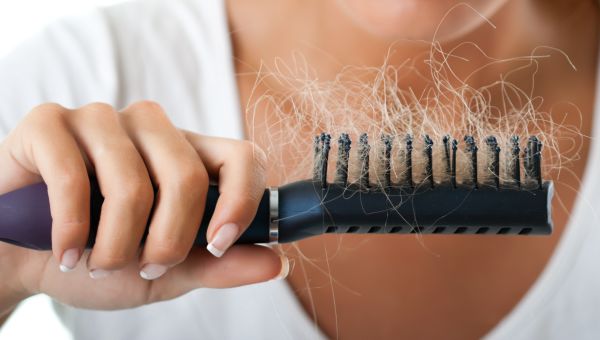
Do you ever feel like you’re shedding more hair than you should? Maybe you’ve noticed a little too much hair in your brush or there are more strands than usual circling around the shower drain. A bald patch might even start to peek through. You’re not alone.
While an estimated 80 million people in the United States experience hereditary hair loss, there are many reasons a person’s hair may start to thin. If you’re concerned about losing your hair, reach out to your healthcare provider (HCP). They can work with you to look into possible causes and recommend treatments.
In the meantime, here are some of the most common causes of hair loss—and what help may be available.
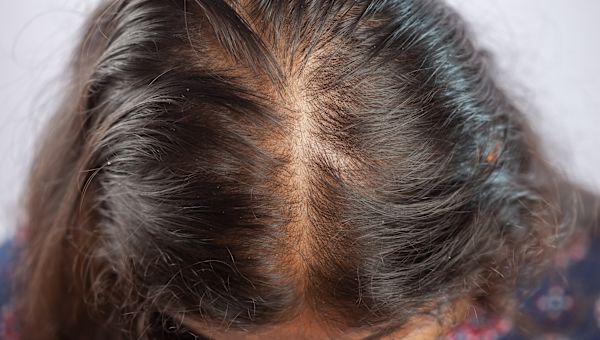
Hair disorders
Hereditary thinning or baldness, also known as androgenetic alopecia, affects men and women in different ways. “You’ve got to break down hair loss into male- and female-patterned,” says dermatologist Amy Kim, MD. For men, this usually means a receding hairline, while women start thinning on the front center part of their head.
There are treatments that can help prevent your hair from falling out. Propecia (finasteride) may help men if hair loss is caught early. Products with minoxidil may promote hair growth for men and women.
Alopecia areata, believed to be an autoimmune disorder, is another cause of hair thinning. In mild or moderate cases of alopecia areata, minoxidil, corticosteroids, and topical immunotherapies are treatment options. In severe alopecia areata, medications that suppress the immune system, such as Janus kinase (JAK) inhibitors and monoclonal antibodies, may be effective treatment options. Speak with an HCP about whether these therapies might work for you.
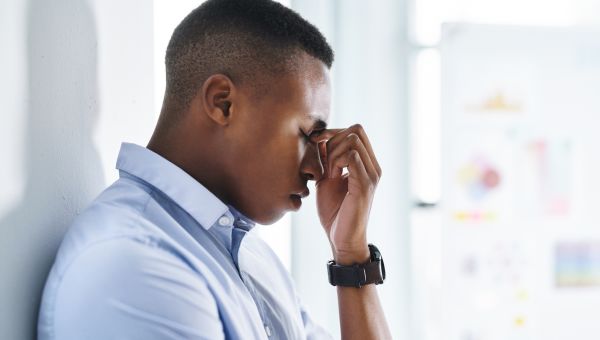
Stress
One bad day at work may make you want to pull your hair out, but significant physical or mental stress can really cause your hair to shed. “It’s called telogen effluvium,” says Dr. Kim. A major physical or emotional stressor, such as a loved one’s death, divorce, or a major surgery, can cause hair roots to go into a resting state (telogen) prematurely and then shed (effluvium). Telogen effluvium typically lasts three to six months, and hair will grow back after the shedding period.

Hormone changes
For women, major fluctuations in hormones play a significant role in hair loss, too. After childbirth, falling estrogen levels may cause hair to thin, for example. But it typically grows back over time.
Menopause, or when you don’t menstruate for 12 consecutive months, is another common period for hair loss. During menopause, estrogen and progesterone levels fall while male hormones, or androgens, increase. This can cause your hair follicles to shrink and your hair to fall out. Minoxidil may help alleviate hair loss due to menopause.

Nutrient deficiencies
The food you eat can affect your hair. An iron deficiency, for example, is common in women and can cause hair loss. To address it, try adding more iron-rich foods to your diet. Meat is one of the best sources of iron, but plant-based foods, including beans, tofu, and fortified grains (found in breakfast cereals and bread), can help as well. Make sure you’re getting enough protein, too, as low levels can cause your body to store what protein it has, stopping hair growth. Low vitamin C and vitamin D levels may also contribute to hair loss. Remember to always talk to your HCP before changing your diet or taking supplements.
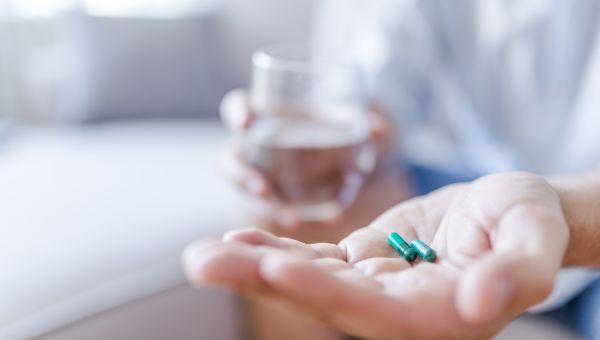
Medical conditions and medications
Losing your hair may be your first clue to a serious medical problem. In fact, a variety of conditions can result in hair loss, including thyroid diseases, infections, and polycystic ovary syndrome. But treating the underlying condition can often reverse the loss.
Cancer treatments, including chemotherapy and radiation therapy, are another well-known cause of hair loss. Hair often regrows when treatment ends.
Some medications may also result in thinning hair. These include blood thinners; medications for depression, heart disease, high blood pressure, arthritis, and gout; and starting or stopping birth control pills. If you’re concerned about medication-related hair loss, discuss it with your HCP. They may be able to change your dosage or medication.
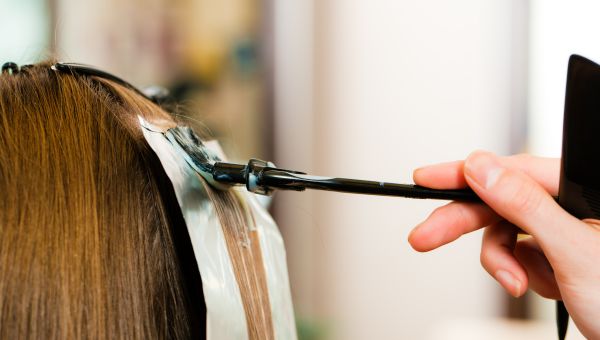
Hair Care
Expensive salon services, particularly dyes, relaxers, and straighteners, may also be doing a number on your hair. Even standard haircare outside of the salon can contribute to hair loss. Constant heat from a blow dryer or flat iron can leave hair dry, brittle, and prone to break. When using a flat iron, make sure your hair is completely dry first. “Even if it’s a little wet, it can cause problems and fry your hair,” says Dr. Kim.
Overly snug hairstyles can damage hair, as well. Wearing a tight ponytail, cornrows, or braids day after day can literally pull hair out. “It’s called traction alopecia,” says Dr. Kim. “It puts too much physical traction on the hair follicles, and you can lose your hair.” To prevent traction alopecia, switch your hairstyle regularly so your hair has a chance to recover from tight styles.

American Academy of Dermatology. Hair Loss: Who Gets and Causes. Accessed March 10, 2025.
American Academy of Dermatology. Hairstyles that pull can lead to hair loss. November 6, 2024.
American Hair Loss Association. Drug-induced hair loss. Accessed March 11, 2025.
Cleveland Clinic. Hair Loss. August 26, 2021.
Cleveland Clinic. Telogen Effluvium. December 1, 2022.
Harvard Medical School. Vitamins, minerals, and hair loss: Is there a connection? April 22, 2024.
National Alopecia Areata Foundation. Available Treatments. Accessed March 10, 2025.
More On


video
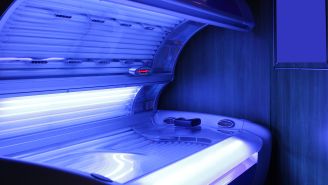
article
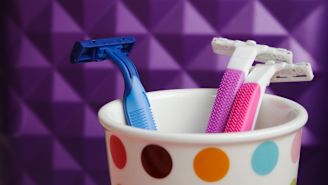
slideshow


video


video
